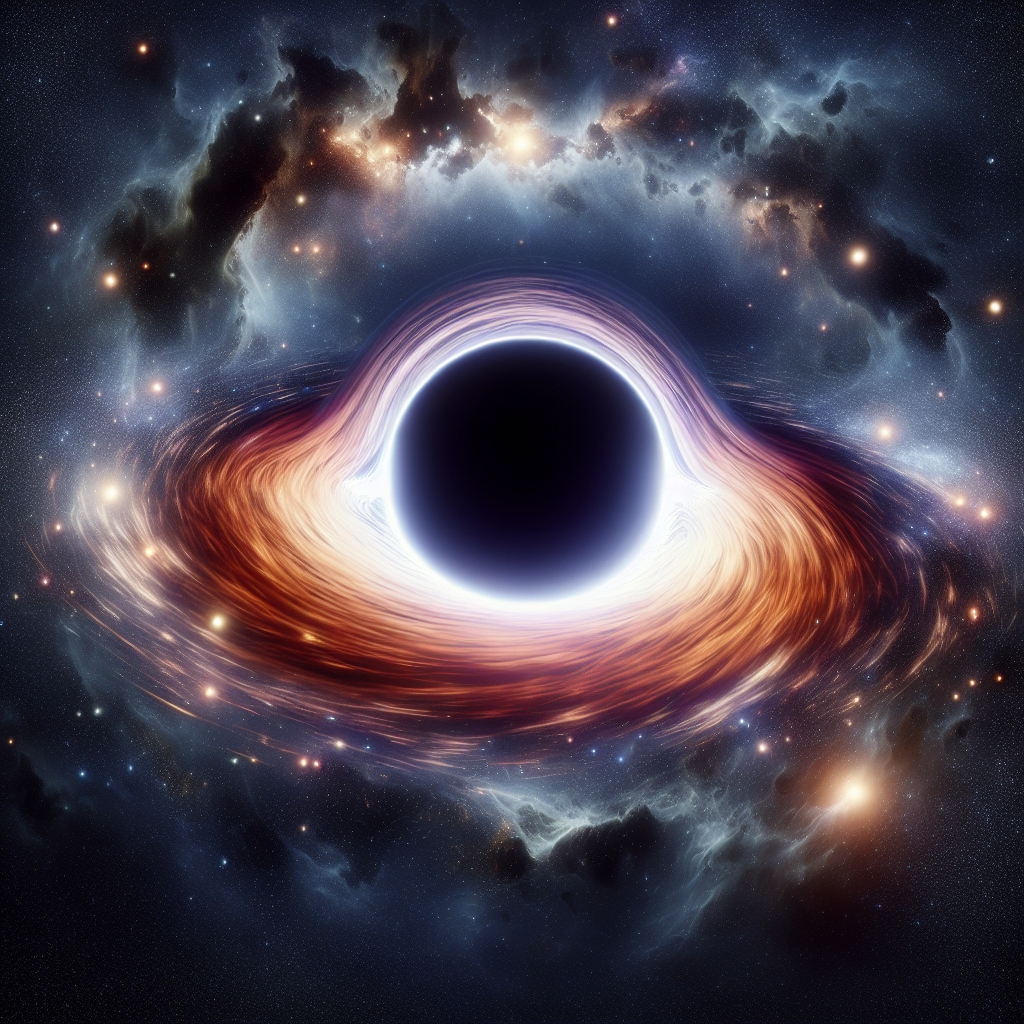Cosmic Revelations: Black Holes & Martian Shores Unveiled
Breakthroughs in space exploration reveal surprising finds. NASA's Webb Telescope uncovers massive primordial black holes in the early universe, challenging past theories of galaxy evolution. Meanwhile, China's Zhurong rover provides compelling evidence of ancient Martian shorelines, suggesting Mars once hosted a vast ocean surface.

The astronomical community is abuzz with revelations from NASA's James Webb Space Telescope. Recent observations show that supermassive black holes, believed to be at the core of most galaxies, existed in the early universe sooner than once thought possible. Such discoveries suggest these celestial giants may go through episodes of accelerated growth.
Meanwhile, on the Martian frontier, China's Zhurong rover has made groundbreaking strides. With its exploration of Mars' Utopia Planitia, new data indicates the Red Planet hosted an ancient ocean. These findings point to geological features once shaped by vast shorelines, contrasting starkly with Mars' current barren landscape.
These scientific advancements underscore humanity's ongoing quest to understand the universe's past, with technology offering unprecedented glimpses into both our galaxy and the geological past of our neighboring planets.
(With inputs from agencies.)










